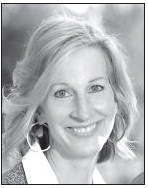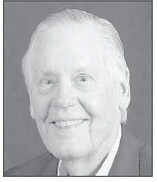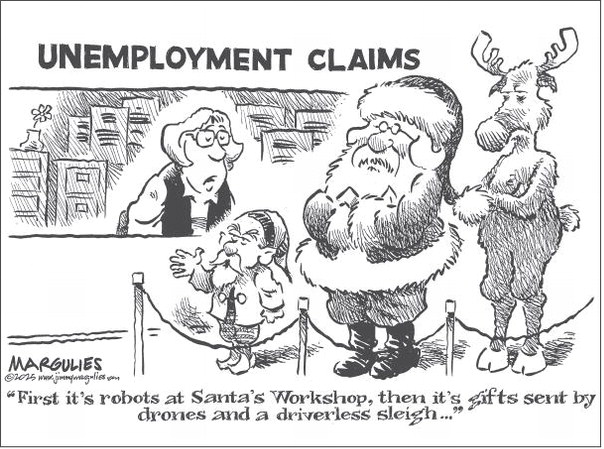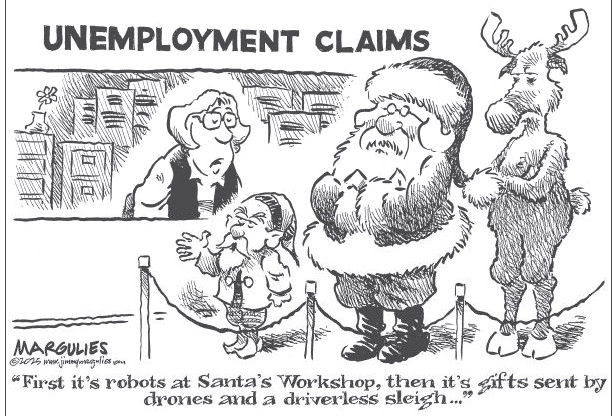The Vote


The Vote
Had I been born in the late 1800s or early 1900s, I would have been a bonafide rabble-rouser — a protester marching in the streets of America waving a big flag with the words, “Votes for Women,” on it. I would have worn white, locked arms with my sisters, and embraced the term, “suffragette.”
Well, I think I would have. Let me explain.
Like every student in our country’s public school system, I struggled to keep my eyes open during history class lectures. We studied the U.S. Constitution. Word for word, I could sing the Preamble, thanks to Saturday morning School House Rock commercials. I’d belt out the words like a patriot.
We the people, in order to form a more perfect Union, establish justice, insure domestic tranquility … After learning about the Bill of Rights (the first ten constitutional amendments that were adopted in 1791), our teacher rushed through the other amendments as if they were somehow less important. I wanted to learn more about the Nineteenth Amendment, the amendment that opened the door for women (who made up a whopping 50 percent of the population) to vote. I wanted to understand why that right was denied for so long.
I raised my hand in class, and asked the teacher, “Why did it take so long to get that amendment pushed through?”
“Well, men believed they should be the decision makers for our nation. They didn’t think women were capable of making good, sound decisions,” I recall my teacher saying.
I looked around at the immature boys in my class. I was as smart as — or smarter than — they were. Outrage washed over me.
I went to the library the following day, used the old fashioned card catalogue, found a book on the suffrage movement, cracked it open on a big oak table in the center of the library, and started reading. As early as the 1840s, some women — not all — spoke out for the right to vote, but the movement was put on hold during the Civil War. It wasn’t until August 1920 that the Nineteenth Amendment was ratified, which gave women the right to vote.
I learned about many rebellious women — the movers and shakers of my gender, who cried out for fairness and equality, putting their lives and reputations on the line. Elizabeth Cady Stanton, Lucretia Mott, Susan B. Anthony, Carrie Chapman Catt, and so many others fought for all women, fought for future generations, and fought for me.
Fast forward to years later when I was a twenty-something woman visiting with my Grandmother Ona Jarriel at her Tattnall County home. I idolized my grandmother and loved to sit at the kitchen table and talk with her.
Grandmother had been born in 1901. She would have been nineteen years old when women finally broke the male-dominated voting monopoly. On one particular visit, I chose to ask her about that period in history.
“Do you remember where you were when you heard the news about the vote?” I asked. “How did it make you feel?”
My grandmother, who held somewhat progressive views by today’s standards, placed her chin in her hand and said softly, “I didn’t think too much about it. It didn’t really matter to me one way or the other, I reckon.”
I was convinced that she had misheard or misunderstood my question, so I lobbed it over the net again.
“Didn’t you want to vote? Weren’t you outraged that men didn’t want you to vote? Weren’t you thrilled to finally earn that right?” I asked.
“Not really,” she replied. “I had never really given it a whole lot of thought.”
I was shocked — and crushed — by her indifference, but she was simply delivering her honest assessment to me. As a young woman growing up in the mountains of Northeast Georgia, she had other things on her mind — going to school, helping to raise her younger siblings, starting her first teaching job, moving to South Georgia, and launching her own life. Voting just wasn’t a priority to her at the time.
I, on the other hand, grew up listening to Helen Reddy sing, “I am woman, hear me roar in voices too big to ignore.” I watched strong women role models on television like Mary continued from page
Tyler Moore and that mouthy Maude. I witnessed Geraldine Ferraro run as Walter Mondale’s vice presidential running mate. I had a different view of the world than my grandmother did. I never saw women as anything other than equal to men in every way.
And so, I think I would have been a suffragette. I think I would have marched and made, as John Lewis called it, “good trouble.” I think I would have, but we’ll never know.
What I do know is this — it’s the one hundredth anniversary of the passing of the Nineteenth Amendment, and I appreciate what those suffragett es did for American women. I’ll never take voting for granted. I’ll exercise my right to vote and take part in our Democracy for as long as I’m able. I encourage you to do the same.








